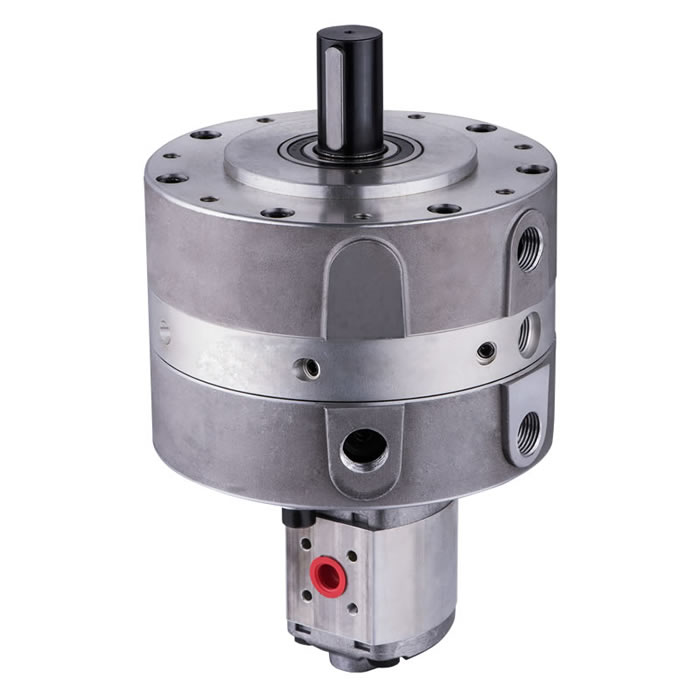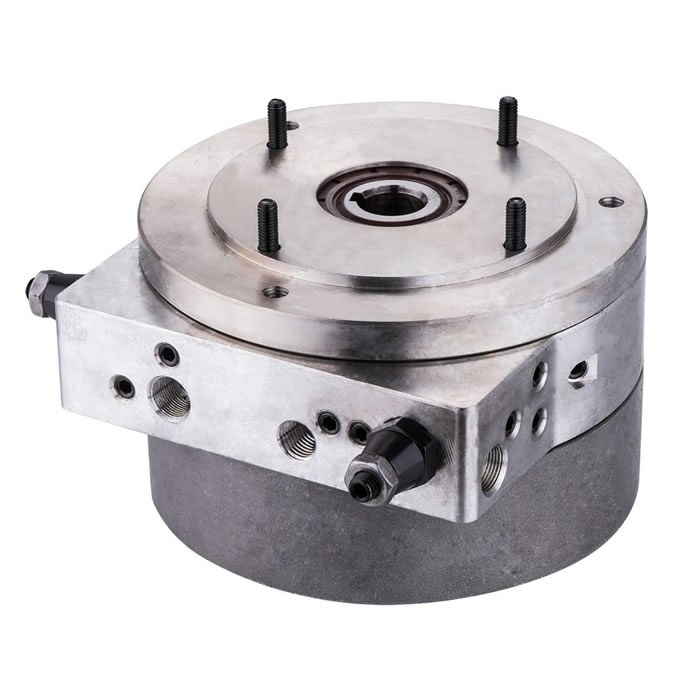How Hydraulic Component Failure Can Pollute Our Environment
Case study: hydraulic oil leak
In July, 2023 oil leaked from the Hydraulic System of a chemical plant into soil and water, causing serious environmental pollution.
The investigation found that the chemical plant did not regularly maintain the hydraulic system, resulting in corrosion of the hydraulic pipeline, leading to leakage.
Maintaining a clean and safe environment hinges on proper hydraulic component maintenance, repair,
and rebuilding procedures that prioritize stringent quality control and safety protocols.
From cylinders and hoses to connectors, neglecting these hydraulic systems can lead to disastrous consequences.
Improper techniques not only harm the environment through spills and leaks but also endanger workers and citizens, ultimately costing you valuable time and money.
Hydraulic component applications
A hydraulic system consists of various components, including pumps, motors, cylinders, valves, pipes, and filters.
Each component plays a specific role in ensuring the system's proper functioning.
Hydraulic component troubleshooting
Hydraulic component failure is the primary culprit behind spills, making preventative maintenance the cornerstone of environmental protection.
Regularly replacing hoses with signs of wear and tear, like a deteriorating outer shell,
significantly reduces the risk of accidents that could cause injuries, property damage, and environmental contamination.
Fraying hoses are ticking time bombs – diligent monitoring is key to ensuring optimal environmental safety.
Cost-Effective Maintenance: A Sustainable Solution
While some advancements have led to the development of eco-friendly, biodegradable hydraulic fluids,
the truth is that consistent maintenance of your hydraulic system is a far more cost-effective approach compared to
the hefty expenses associated with spill cleanup and potential government fines for environmental violations.
Furthermore, these eco-friendly fluids are gentler on your machinery,
extending the lifespan of components and fostering a more sustainable and safer work environment.
hydraulic pumps: Guardians of Efficiency and Environmental Safety
hydraulic pumps, notorious for triggering system failures, require close monitoring to prevent environmental damage and unnecessary costs.
Failing pumps can lead to a domino effect, inflicting damage on other system components.
Here's where regular oil filtration comes into play – it's vital for maintaining optimal system health.
Additionally, keeping components cool prevents degradation and failure – overheated parts are prone to malfunctioning.
Servicing Hydraulic Components inevitably generates waste oil.
To ensure its safe disposal, store it securely in a designated holding tank until a licensed contractor can collect it for proper processing.
Similarly, scrap metal, a byproduct of many hydraulic repairs, must be disposed of responsibly to prevent the release of harmful chemicals.
Conclusion
The safety and environmental sustainability of hydraulic systems hinge on the maintenance, repair, and rebuilding of their components.
By adopting appropriate measures, we can effectively prevent hydraulic system failures, protect the environment, and ensure the safety of personnel.
Why Choose SAIVS™ as Your Supplier?
With 20 years of industry experience, SAIVS is a leading Chinese manufacturer of high-quality tools, offering competitive pricing and excellent customer service.We pride ourselves on exceptional quality control, extensive experience, and comprehensive after-sales service.

